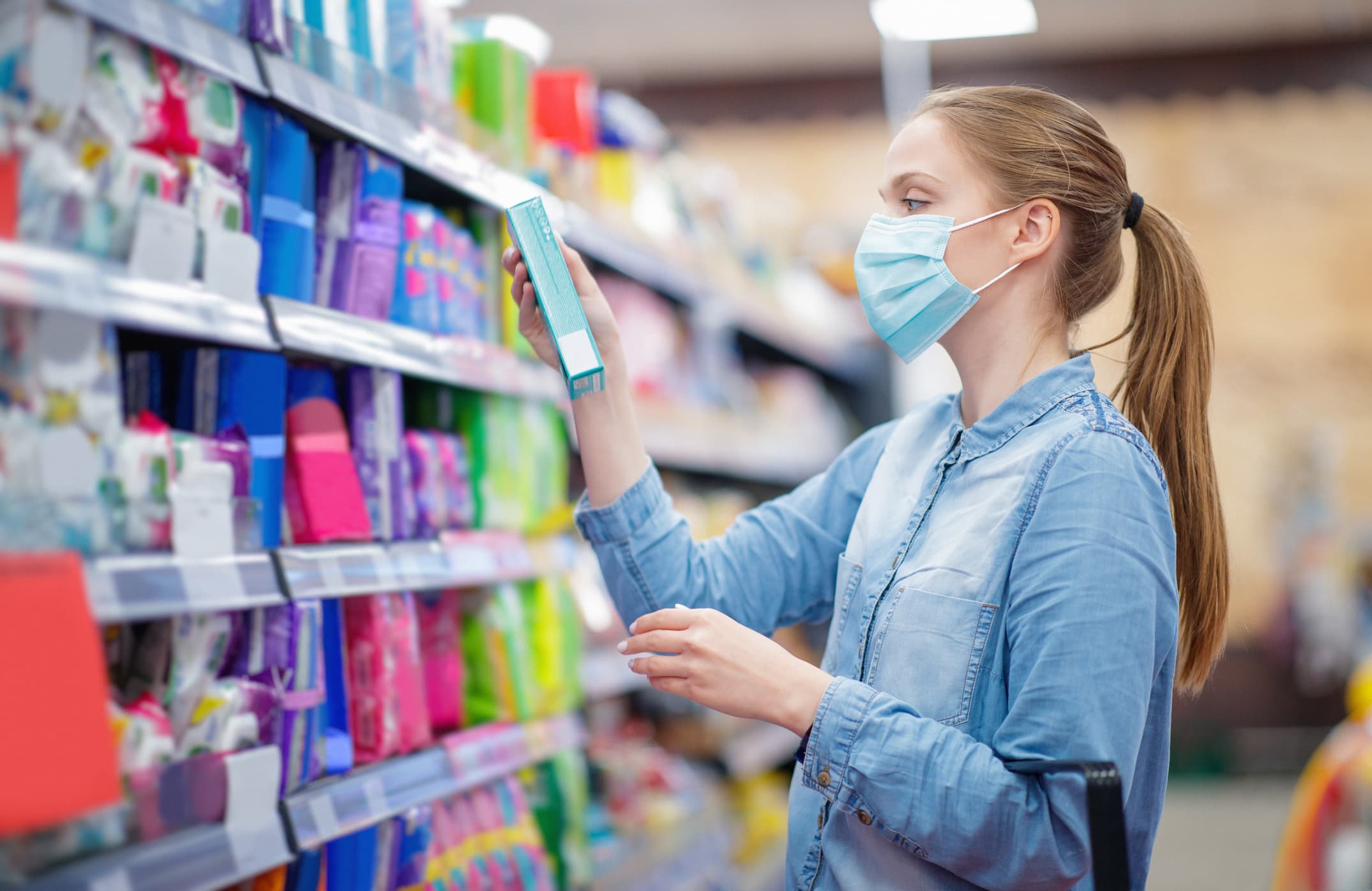
The end of the year is drawing near, which may mean you have some extra money to spend.
No, you didn’t read that wrong. Many Americans have money in their health flexible savings accounts that they need to use up before the end of the year.
FSAs, which are typically offered as a benefit through your employer, give you the option of putting money directly from your paycheck, tax-free, into an account to be used to pay for medical-related expenses throughout the year. The max contribution in 2020 was $2,750 per person.
Because these funds are not taxed, the savings can really add up. If you earn $50,000 a year and have a tax rate of 30%, TurboTax estimates that putting $2,000 in an FSA account will net you $600 in savings.
But unlike health savings accounts (HSA), which are generally used when you have a high-deductible health insurance plan and allow consumers to rollover their savings year after year, FSAs operate under a “use it or lose it” structure. Some companies allow their employees to roll over a set amount into the new year, but others require workers to use up their funds by a certain date.
If you do have an overabundance of leftover funds, especially since many Americans put off or canceled doctors visits and non-emergency medical procedures this year, not to worry. You can browse sites like FSA Store, HealthProductsForYou or even Amazon’s FSA store to shop for everyday items that you may need.
Here’s a look at some of the more surprising products you can spend your FSA balance on this year.
1. Acne treatments. If you use any over-the-counter acne creams, cleansers or serums, you can probably use your FSA dollars to purchase them. Look for brands like Clean and Clear, Neutrogena and Proactiv or products that contain common ingredients such as salicylic acid, benzoyl peroxide or azelaic acid.
2. Air quality products. Although not designed as medical devices per say, air conditioners, air purifiers and air filters can be eligible for purchase using FSA funds if your medical provider can outline how it would be used to help with a medical condition.
3. Alternative medicine procedures. Most people can use their FSA dollars on acupuncture and chiropractor visits, for example.
4. Ancestry kits with health reports. Interested in learning about your heritage and how your DNA can affect your health? You’re in luck. Ancestry kits like 23andMe that include health reports are typically considered an FSA-eligible purchase.
5. Anti-bacterial hand sanitizer. In a year when you probably used more hand sanitizer than ever before, it’s helpful to know that you can use your FSA funds to restock your supplies.
6. Baby products. After you have a baby, life can quickly get expensive, so using your FSA dollars to cut down on costs is a smart move. Products like baby monitors, baby sunscreen, potty-training undies and thermometers are all typically eligible for reimbursement, as are products for new mothers such as post-delivery wraps, breast pumps and nursing supplies.
7. Dental procedures. Generally, you can use your FSA money to pay for dental services, including the co-pays or out-of-pocket expenses associated with everything from basic cleanings to procedures like filings, root canals, crowns and even gum surgery. But general tooth-health products, such as toothbrushes, toothpaste and floss, are not usually not eligible to purchase with FSA funds.
8. Eye care. Vision expenses are typically covered through FSA plans, and you can generally use your FSA funds on the contacts or eyeglasses you purchase, too, as well as contact accessories such as cleaning solution and cases. Even prescription sunglasses may be covered.
9. Feminine hygiene products. This is a new (but long overdue) category of eligible products this year thanks to the Coronavirus Aid, Relief and Economic Security Act. You can now use your FSA dollars to buy pads, tampons, liners and even disposable and non-disposable period panties. You can also purchase alternative period products like menstrual cups and the Flex Disc.
10. Morning-after pill. You can buy the morning-after pill as an over-the-counter drug without a prescription at most drugstores and pharmacies, and it’s considered an FSA-eligible purchase.
11. Nicotine patches and gum. If you’re trying to quit smoking, you can use your FSA funds toward nicotine gum, patches, lozenges, inhalers and nasal sprays.
12. Over-the-counter medications. Another perk of the CARES Act, over-the-counter meds such as allergy relief drugs, heartburn aids and pain relievers are all eligible FSA purchases now.
13. Pregnancy and family planning products. Products such as pregnancy tests, fertility treatments, monitors, prenatal vitamins and breastfeeding supplies are typically eligible, as are condoms. Pregnancy services such as birth classes and medically-certified doulas are also eligible. You can also use your FSA funds on birth control, but keep in mind that you’ll need a current prescription.
14. Shoe inserts. If you need some extra support in your shoes, your shoe inserts may be an FSA-eligible purchase. Generally, orthopedic shoe inserts are eligible if they’re being used to treat, alleviate or prevent a medical condition or disease. The most common type is an arch support, according to the FSA Store.
15. Sunscreen. Depending on where you live, you may not need a bottle of sunscreen in December, but it could be worth stocking up and using your FSA funds. Any broad-spectrum sunscreen with SPF 15 protection or above is eligible. And that includes moisturizers with SPF protection at that level as well. Keep in mind, even if you don’t need it immediately, sunscreen lasts three years before expiring.
Don’t miss: Here are the 5 best personal loans of December 2020
Check out: 10 affordable gifts for friends and family under $10




